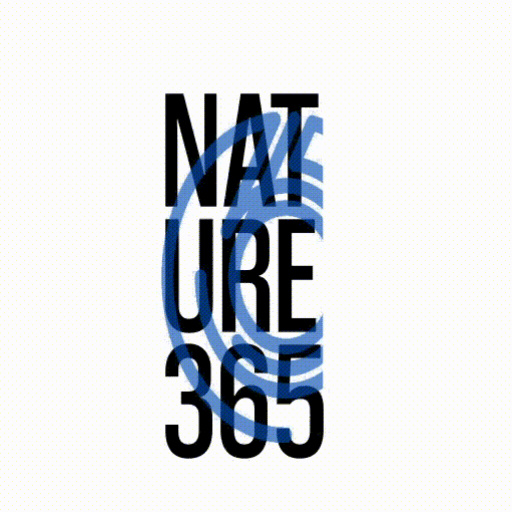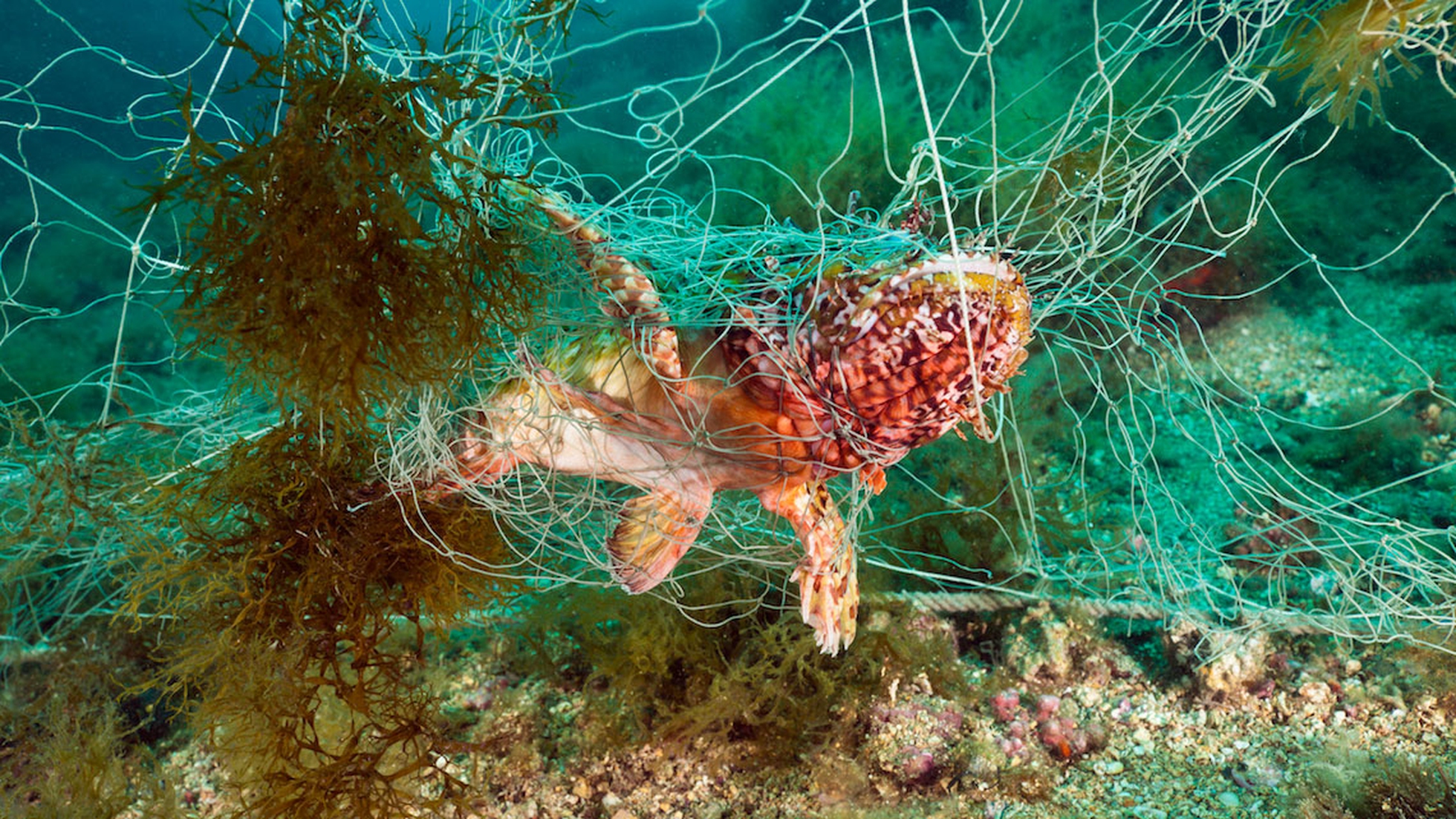Fishing nets that have been lost, abandoned, or deliberately thrown away continue to be a major environmental and ecological hazard. Usually constructed of sturdy materials like nylon or other synthetic fibers, these nets are intended to survive the challenging circumstances seen in maritime locations. They can linger in the water for years at a time and have a variety of detrimental effects on human activity, ecosystems, and marine life. Throwaway fishing nets pose a number of unique risks in addition to adding to the already significant problem of marine plastic pollution. Larger marine species like sharks, dolphins, and sea turtles can become entangled in them and die as a result, which lowers the population numbers. Furthermore, the nets have the potential to harm fragile marine environments like coral reefs, upsetting the delicate balance of entire ecosystems.
These abandoned nets may also be dangerous for human pursuits like fishing, tourism, and navigation. Fishermen and boaters may find themselves in expensive and hazardous situations when lost nets get twisted in boat propellers. Additionally, the physical attractiveness and beauty of coastal regions may be diminished by the presence of these nets, which may have an adverse effect on local businesses and tourists. Lastly, the nets contribute to the widespread problem of marine plastic pollution by releasing microplastics into the sea as they degrade over time.
Damage to the corals
Entanglement and Smothering:
By entangling coral colonies, ghost nets that land on coral reefs directly endanger the health of those colonies. Coral colonies may become fragmented as a result of the physical touch breaking or damaging coral structures. Furthermore, corals may be suffocated by the weight and size of ghost nets, which limits their access to sunlight and essential nutrients. The impacted corals may eventually degrade and die as a result of this. Moreover, the existence of ghost nets can foster the growth of invasive species and dangerous algae, upsetting the delicate balance of the coral reef environment. To maintain the integrity and health of coral reefs, it is imperative to locate and remove these ghost nets.
Suffocation:
Nets that entangle themselves around coral formations have the potential to hold sediments and other material, which covers the corals and prevents them from breathing. Suffocation of the coral and eventual coral death may result from this. When fishing nets become entangled in coral formations, a condition known as coral suffocation takes place. The corals may get covered by the sediments and detritus that the nets gather, denying them access to the nutrients and oxygen they require to thrive. This causes the coral to gradually suffocate, which finally causes them to die. The entire coral reef ecosystem suffers when the breathing capacity of the coral is compromised, in addition to the individual creatures. As a result, action must be taken to stop these entanglements and save coral reefs.
Damage to the marine life
Marine Species Entanglement:
Ghost nets are still being used to “ghost fish” by entangling and capturing marine life. Entanglements in the nets can cause harm, reduced movement, and oftentimes even death to fish, crustaceans, sea turtles, and other marine life Unintentionally abandoned by fishermen, these nets—which are frequently composed of sturdy, non-biodegradable materials—continue to drift freely in the waters, ensnaring any marine life that comes into contact with them. Ghost fishing is a phenomena that affects marine ecosystems more broadly in addition to harming specific creatures.
The capacity of marine organisms to swim, hunt, breed, and carry out other necessary activities is seriously hampered when they become entangled in ghost nets. Injuries experienced from the nets can lead to infections, amputations, and even death. Furthermore, because ghost nets continue to catch and destroy marine life long after they have been abandoned, their existence may contribute to the depletion of fish populations.
Concern over marine creatures becoming entangled in ghost nets is rising, especially in regions with significant fishing activity and plastic pollution. The creation of technology to locate and recover ghost nets as well as laws and rules to make fishermen responsible for disposing of their equipment properly are measures taken to lessen the impact of this problem. We may endeavor to preserve the health and sustainability of our seas for future generations by tackling the entanglement of marine creatures.
Secondary Effects:
The ecosystem as a whole may be affected in a cascade manner by the entanglement of a single species. For instance, if a predator tangles, it might upset the food chain’s natural equilibrium and have an effect on the distribution and abundance of other species. Other predators’ access to food supplies may be impacted by this disturbance, which might result in a decline in their numbers. Furthermore, the entanglement of a species may result in the entrance of invasive species or modifications to the structure of its habitat, which would further affect the ecosystem’s dynamics. If these secondary impacts are not treated in a timely manner, they may have far-reaching implications and perhaps cause the entire ecosystem to collapse.
The issue of fishing nets that are discarded calls for a multifaceted solution. This entails heightened efforts to locate misplaced and discarded nets in addition to improved management and regulation of fishing gear. Moreover, initiatives to clean up abandoned nets and the creation of recyclable or biodegradable fishing gear might lessen their negative effects. Additionally essential to discouraging the deliberate dumping of fishing gear and encouraging appropriate disposal methods are public awareness and education campaigns. We may endeavor to create a marine environment that is healthier and more sustainable for coming generations by tackling this problem.
- About the Author
- Latest Posts
A passionate advocate for all natural and sustainable ideas. With a background in sustainable economics science and a deep love for nature, Sojy has dedicated his career to promoting eco-friendly practices and encouraging others to live a more sustainable lifestyle. He is an avid hiker, gardener, and cook, and loves experimenting with natural ingredients in his recipes and lifestyle routines. Sojy believes that small changes can make a big impact and is constantly seeking out new ways to reduce his carbon footprint and inspire others to do the same




